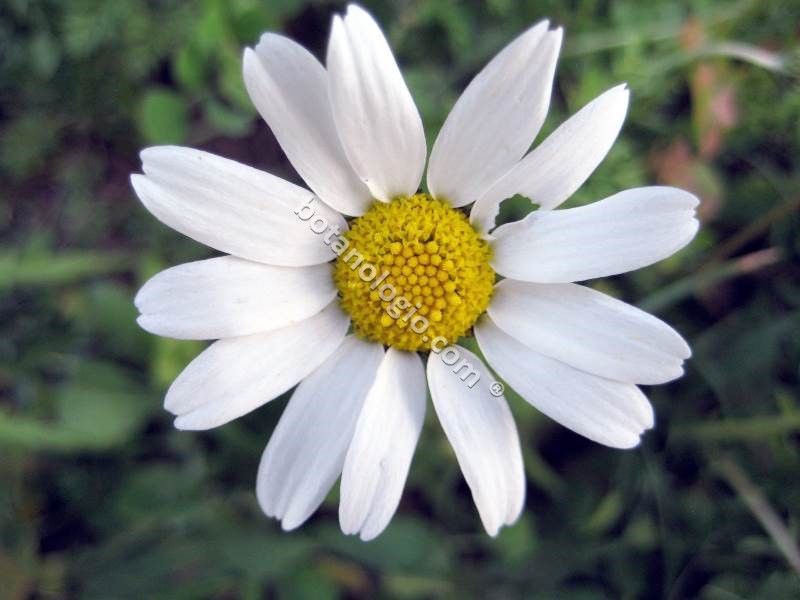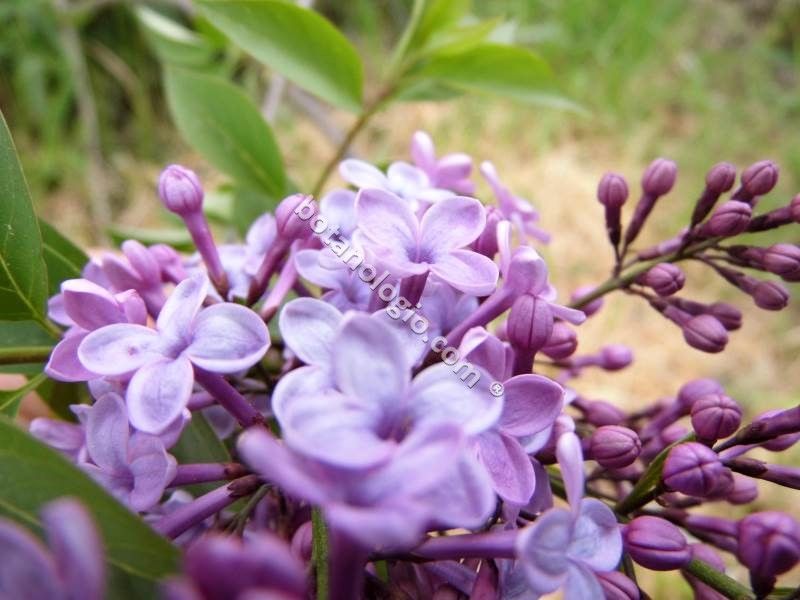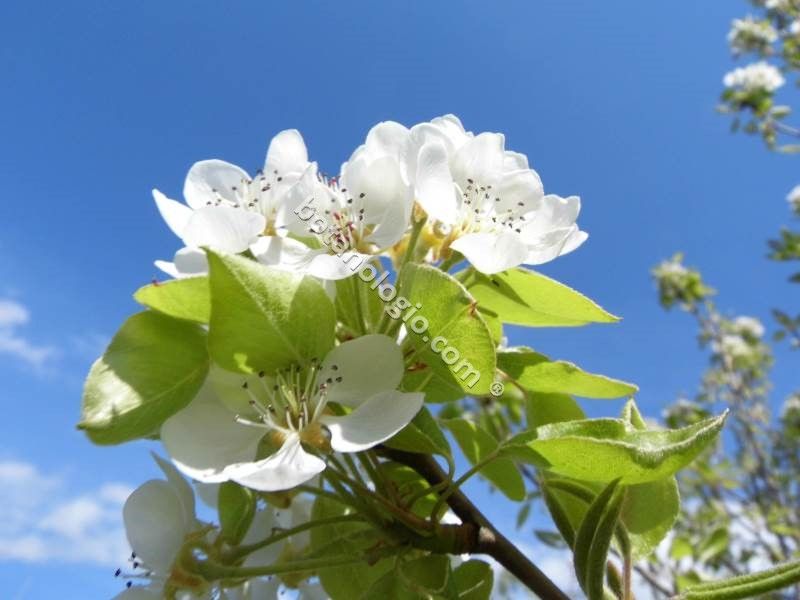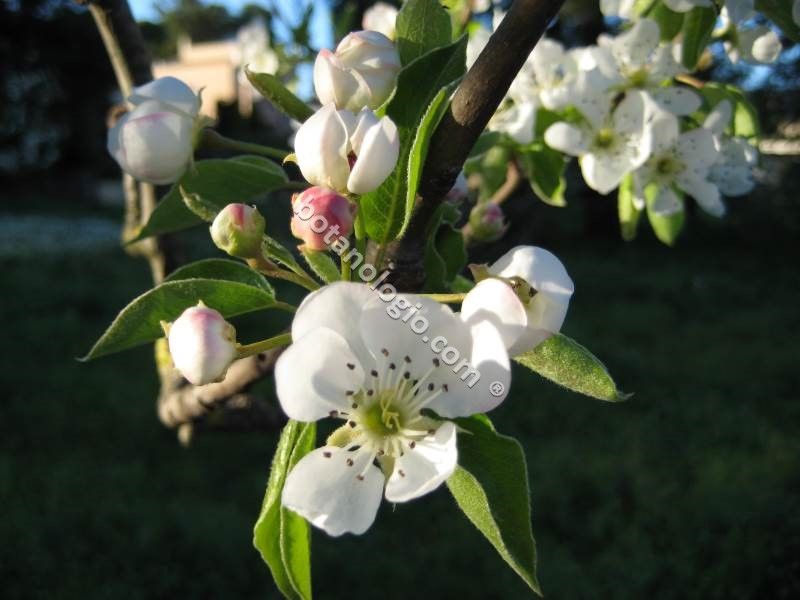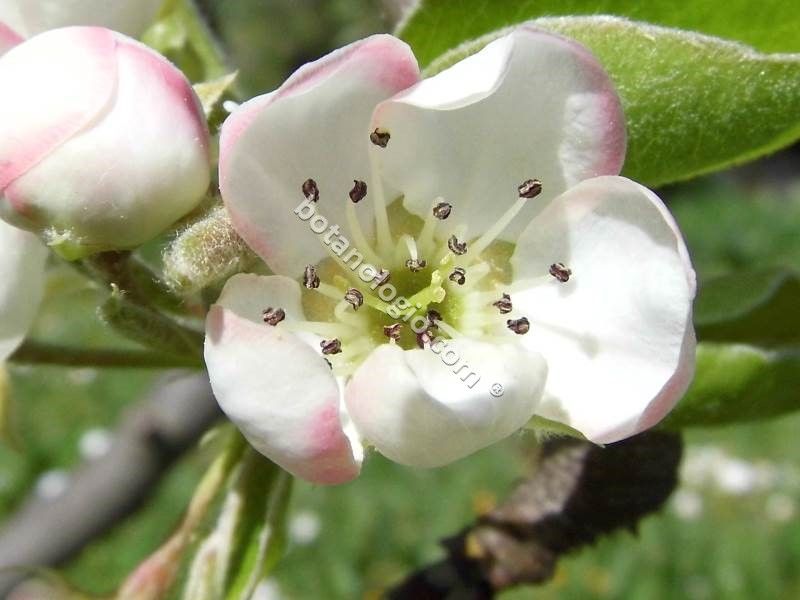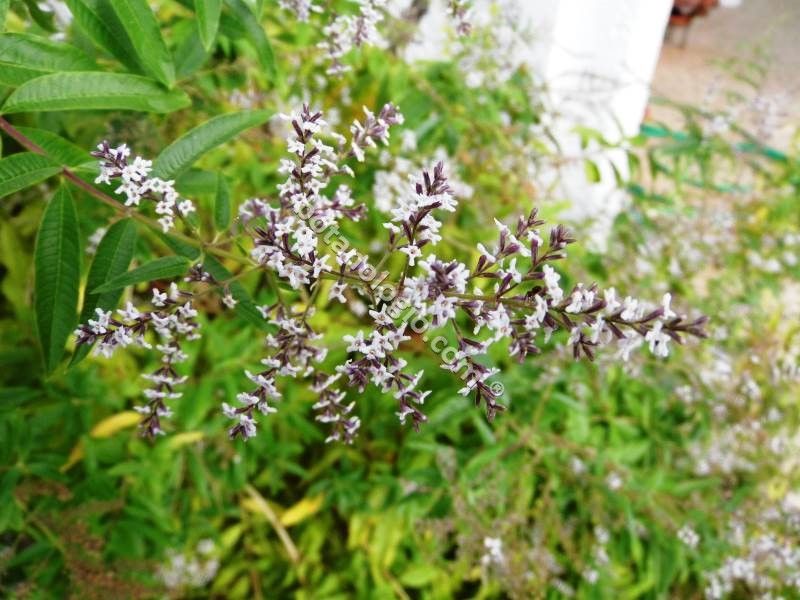Herbs against acne

There are many types of acne and factors that play an important role in its appearance and treatment. Herbs offer natural solutions without the side effects of medicines. Before referring to the herbs for acne, let’s see what types of acne we encounter and what the causes are:
The first known cause of acne is hormones. This is why in most people acne show up regardless of gender, in adolescence. But many times shows up in adulthood. There are several reasons for acne: Blocked pores, hormonal imbalance, pregnancy, polycystic ovaries, genetic predisposition, improper skin care, poor diet, stress, poor sleep quality are some of the reasons.
Acne is divided into two types. Inflammatory and non-inflammatory, while it can be defined as mild, moderate or severe acne. The areas that show acne are the face, neck, chest, back and buttocks.
Signs of acne are blackheads that are dirt that has penetrated the pores, white pimples that are the result of sebum that is trapped along with dead cells in the pores, small red pimples that are associated with mild or moderate acne, and of course more painful and difficult to treat, cysts and nodules that are the result of infection of deeper layers of the skin and need a longer recovery time. Then there are hyperchromias and scars that are created especially when we touch our pimples.
There are many herbs from rare and hard to find herbs and spices, to herbs that we find in our kitchen to treat acne. An herbal treatment may also have some side effects such as irritated skin, but they certainly will not be as serious as a medication. The herbs we need, of course, have anti-inflammatory, antiseptic, regenerative and antimicrobial properties.
Herbs against acne
Green tea
Of course, green tea is also found among the herbs for acne. It regulates hormonal abnormalities and works as an antioxidant, thus preventing permanent damage to the skin.
Chamomile
The anti-inflammatory action of chamomile is important in the treatment of acne. It has a regenerative effect, reducing the signs of acne, accelerates the recovery of the skin and reduces irritation. Try compresses with a warm decoction of chamomile, chamomile flower water or topical use of wax ointment with chamomile oil and essential oil.
Burdock
For eczema and rosacea. Tea from the root of burdock, cleanses the blood eliminating toxins. Tea lotion has antimicrobial action significantly reducing acne inflammations such as cysts and nodules. Three times a day is ideal.
Dandelion
Dandelion root is ideal in cases of severe acne. It offers deep cleansing, fights infections and bacteria while preventing recurrence. The vitamin A it contains helps protect and repair the skin.
Eucalyptus
Eucalyptus oil fights bacteria directly related to acne. It has a strong antiseptic effect, while it is also one of the strongest astringents, offering tightening of the dilated and tired pores. Avoid contact of the oil on open wounds.
Lavender
Of course lavender is one of the most beneficial and pure ingredients you can use to fight acne. Lavender essential oil is antimicrobial and regenerative, offering rejuvenation to tired skin without leaving acne scars. The direct use of the essential oil with a cotton swab in acne, penetrates directly into the skin killing germs and bacteria that have infected the area. Reduces inflammation and relieves pain.
Tea tree
Like eucalyptus, it is a very powerful oil for treating infections but can cause skin irritation when not used in moderation. Systematic use of a non-greasy cream with tea tree essential oil will give your skin a balance in oily skin, cleanse the skin of germs (hence persistent acne) and visibly reduce scars.
Basil
Of course basil is ideal for fighting acne. Both the regular consumption of basil infusion and the use of essential oil in creams, cleansing masks, homemade peels and lotions help significantly in the elimination of acne. Mint has the same action!
Aloe
Aloe is the mildest way for the skin to fight acne but not all forms of acne. We can easily fight mild acne with aloe gel. Aloe cleanses without damaging the skin, protects against germs and regenerates the skin. The forms we can use aloe are either gel directly on the area or oral aloe for cleansing from the inside but be careful as aloe has side effects. An important advantage of aloe is that it cleanses and moisturizes while leaving the skin protected.
Fennel
Fennel seed will make the ideal facial peeling. It is an intense cleanser, removes black pores and in combination with aloe gel will leave your skin clean and hydrated.
Lemon
Although I do not usually recommend it as it is very strong, lemon has a strong antiseptic effect, while fruit acids help remove dead cells that clog pores. Regenerates, whitens acne scars but dries the skin a lot, creating a feeling of tightness. But you can use lemon differently, making a steam bath on the face, deep cleansing your pores, without the unwanted side effects.
Cucumber
You surely have heard about the cleansing and anti-inflammatory action of cucumber. This property is stronger when we drink cucumber juice, as it cleanses the blood and lymph nodes, thus balancing the hormones that are responsible for the presence of acne. Be careful to take organic cucumbers as the water they absorb is very important.
Beetroot
Beetroot is one of the vegetables that cleanses the liver and eliminates toxins. You can drink beetroot juice or consume the delicious boiled salad for inside-out results.
Licorice
Ideal solution for immediate treatment of unwanted painful cysts. Licorice is a powerful anti-inflammatory herb that relieves nodules and cystic acne.
Evening primrose
Although better known for its anti-aging action, the evening primrose helps with its antibacterial action to eliminate acne. At the same time, its systematic use prevents the recurrence of acne. External use is enough.
Willow
The least common white willow can not be missing from the list, as it contains salicylic acid, an analgesic acid, which reduces acne instantly and prevents recurrence. It causes exfoliation by eliminating the dead cells that clog the pores and contribute to the dull appearance of the skin. Willow extract can be used as a lotion to prevent acne from recurring.
Turmeric
Known as a powerful antioxidant and anti-inflammatory of nature, turmeric is ideal for treating acne. You can add it to your diet, to your tea but also make a mask or poultice for local external use!
Witch hazel
The strong astringent action of witch hazel, shrinks dilated pores, while regulating excess oil that contributes to acne. Its anti-inflammatory action reduces irritation and redness. Try using it as a cleansing lotion!
Other herbs: olive leaf extract as an antioxidant and hormone regulator. Dong Quai (angelica root) and chaste tree for acne due to hormone abnormalities such as estrogen and progesterone. These herbs are for women only. Red clover to fight infections and bacteria. Neem oil for the treatment of inflammation, acne, germs. You will find it mainly in homeopathy products. Garlic for topical use. Raw garlic is effective but we know that it will be difficult to use it before going to work in the morning or before going to bed. Wild sorrel for redness and inflammation. Calendula for intense irritations.
If you really want to treat acne, before rejecting an herbal treatment, make sure you follow it faithfully for a month before moving on to another herb that suits you best.
What you need to do in addition:
-
Avoid constantly touching your face or teasing your pimples as you contaminate the area.
-
Do not wash your face with strong cleansers because you leave the skin exposed to microorganisms, pollutants, ultraviolet radiation.
-
Detoxify your body enough to cleanse your body from the inside out.
-
Prefer gentle cleansing of the face with natural ingredients such as apple cider vinegar and molasses. They deeply cleanse, exfoliate the skin and leave it hydrated.
-
Notice if the fabric of your pillowcase is to blame and prefer hypoallergenic fabrics.
-
If acne appears on specific parts of your body, try to find out if it’s your cream, shampoo or even your clothes.
-
Do not forget to apply a gentle lotion to restore the pH after cleansing. Rose water is ideal for acne.
-
Use rejuvenating and cleansing masks in your weekly routine. A clay mask with tea tree essential oil deeply cleanses, absorbs toxins and minerals, while a mask with honey and cinnamon regenerates and nourishes injured skin, protecting it from inflammation.
-
Do not forget the exfoliations. Exfoliation removes dead cells allowing the body to create new healthy ones. It decongests the pores allowing the trapped sebum to be expelled from the body. A good and nourishing exfoliator is oats in combination with milk, honey or oil of your choice.
-
On persistent and painful pimples, apply lavender essential oil directly with a cotton swab before bed. In the morning it will have dried.
-
Moisturize your skin adequately. Dehydrated skin is also more prone to acne.
-
Avoid sun exposure. When we have a predisposition for acne we should avoid the sun, as it will leave marks of acne. Avoid sunscreens as they contain irritants for sensitive and acne prone skin. Natural oils offer protection of 8 – 15 SPF which is enough with frequent repetitions during safe hours of sun exposure.
-
Avoid too much sugar and too much salt. Yes, they do contribute significantly to acne. The same goes for processed foods. Say no to junk food, lots of carbs and add lots of vegetables (especially carrots) and fruits. Choose good quality meat and prefer fish.
-
Reduce stress in your daily life as it contributes significantly and add a lot of water and juices to your diet.
-
Dairy intolerance is another important factor, prefer other sources rich in calcium such as nuts, and lots of green vegetables.
Precautions for the use of herbs are well known: we do not consume herbs without asking our doctor when we are on medication, during pregnancy and breastfeeding. Be careful if you are allergic to any of the above herbs and do not consume for more than a month without a break. Tea tree essential oil can be applied directly to a pimple but swallowing is prohibited as it is toxic to our body. So do not apply it on pimples or inflammations around the mouth.
aloe, anti-inflammatory herbs, antibacterial herbs, basil, beetroot, chamomile, chaste, cucumber, eucalyptus, evening primrose, fennel, green tea, herbs, herbs against acne, herbs for acne, lemon, licorice, neem oil, regenerative herbs, tea tree oil, turmeric, white willow, witch hazel
